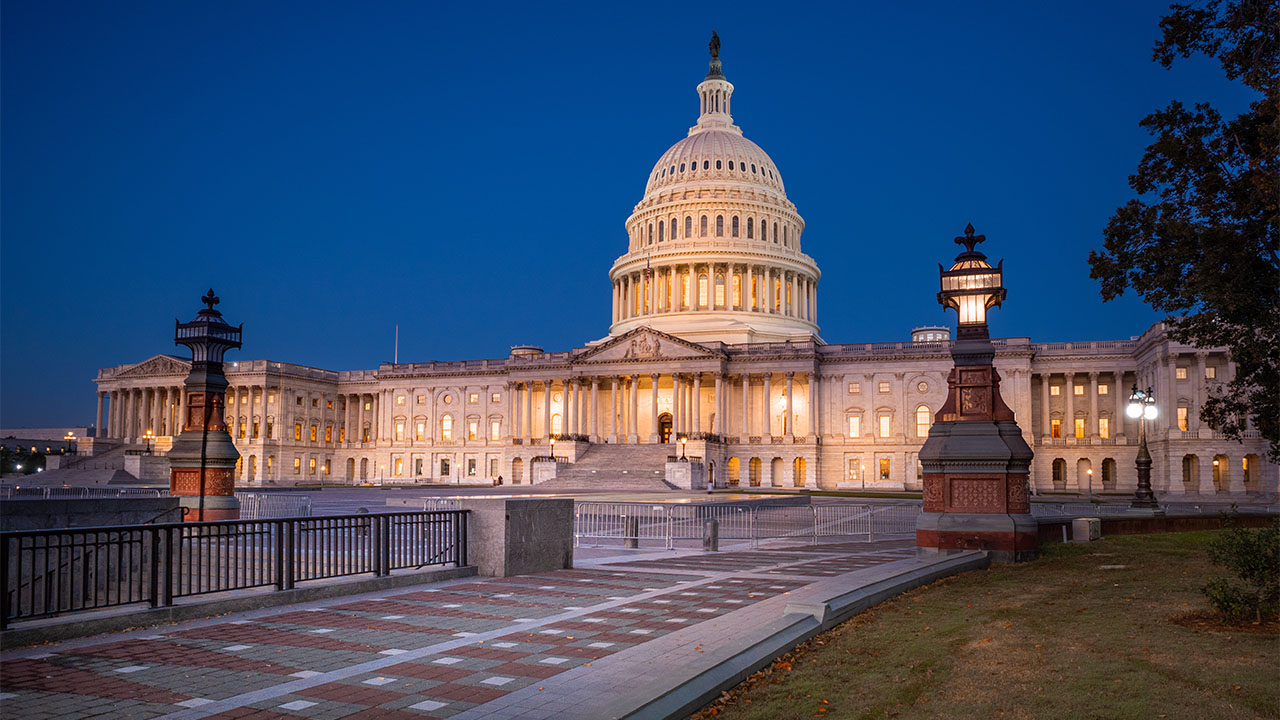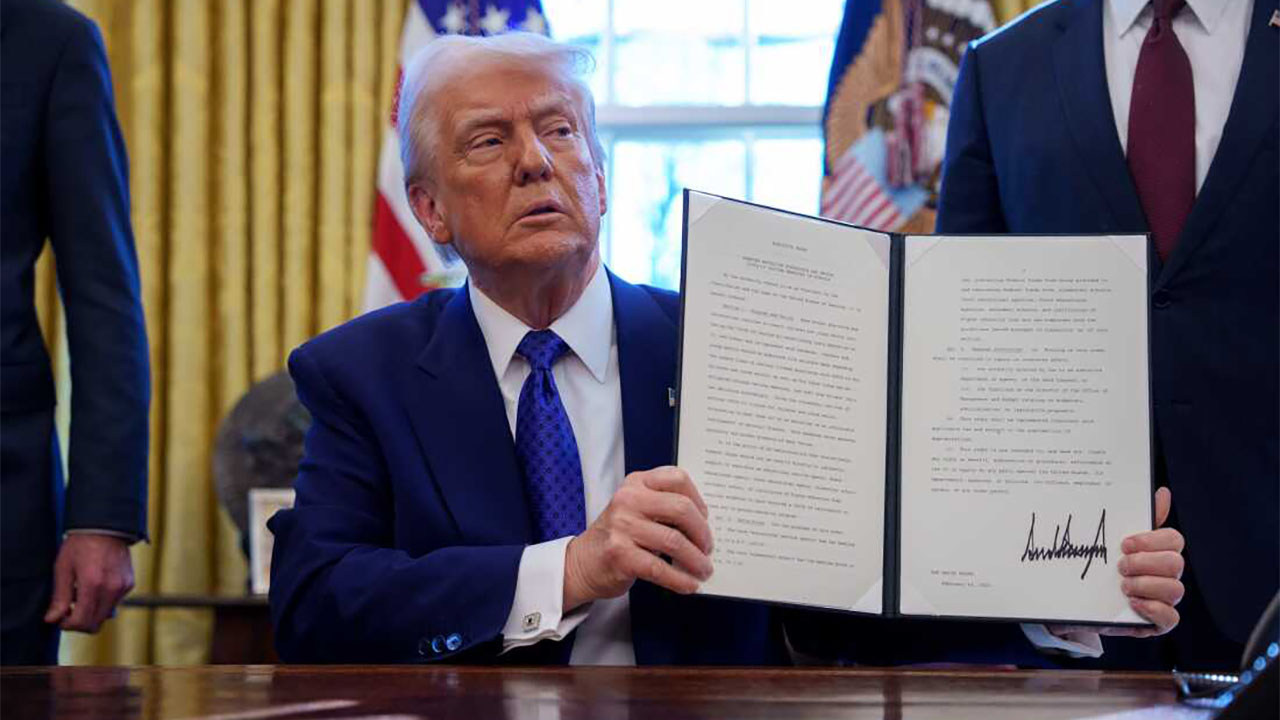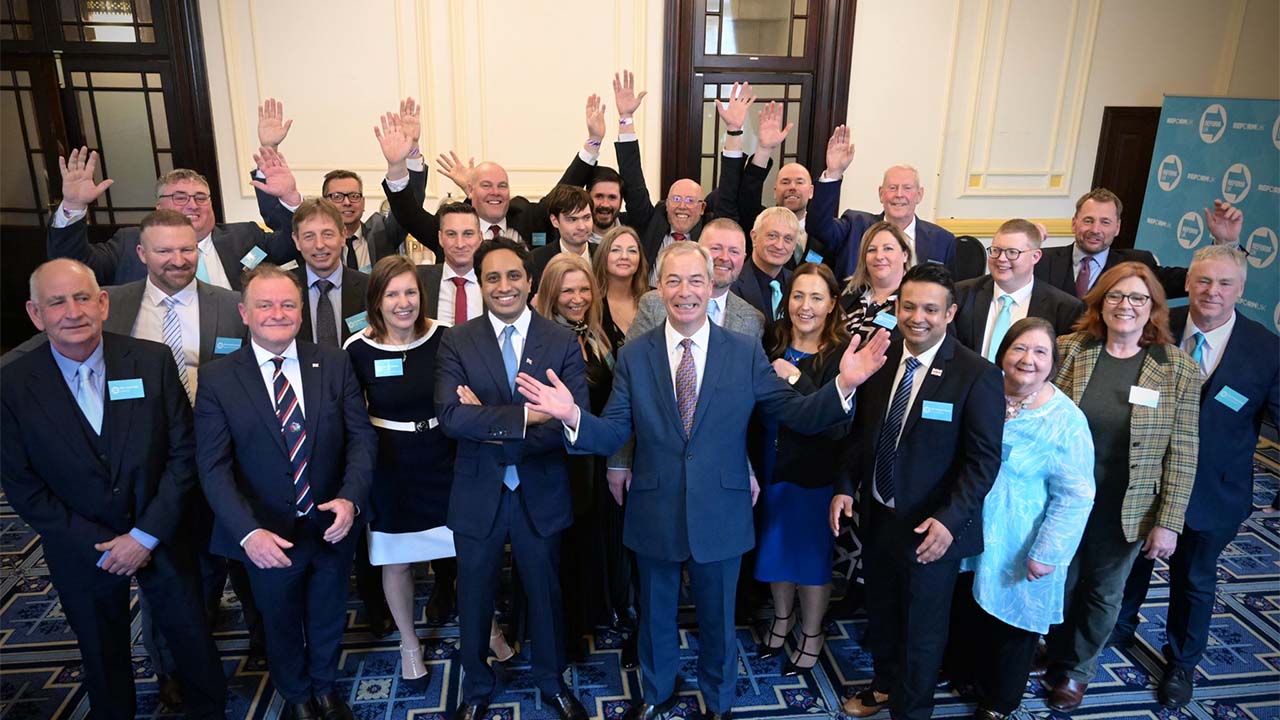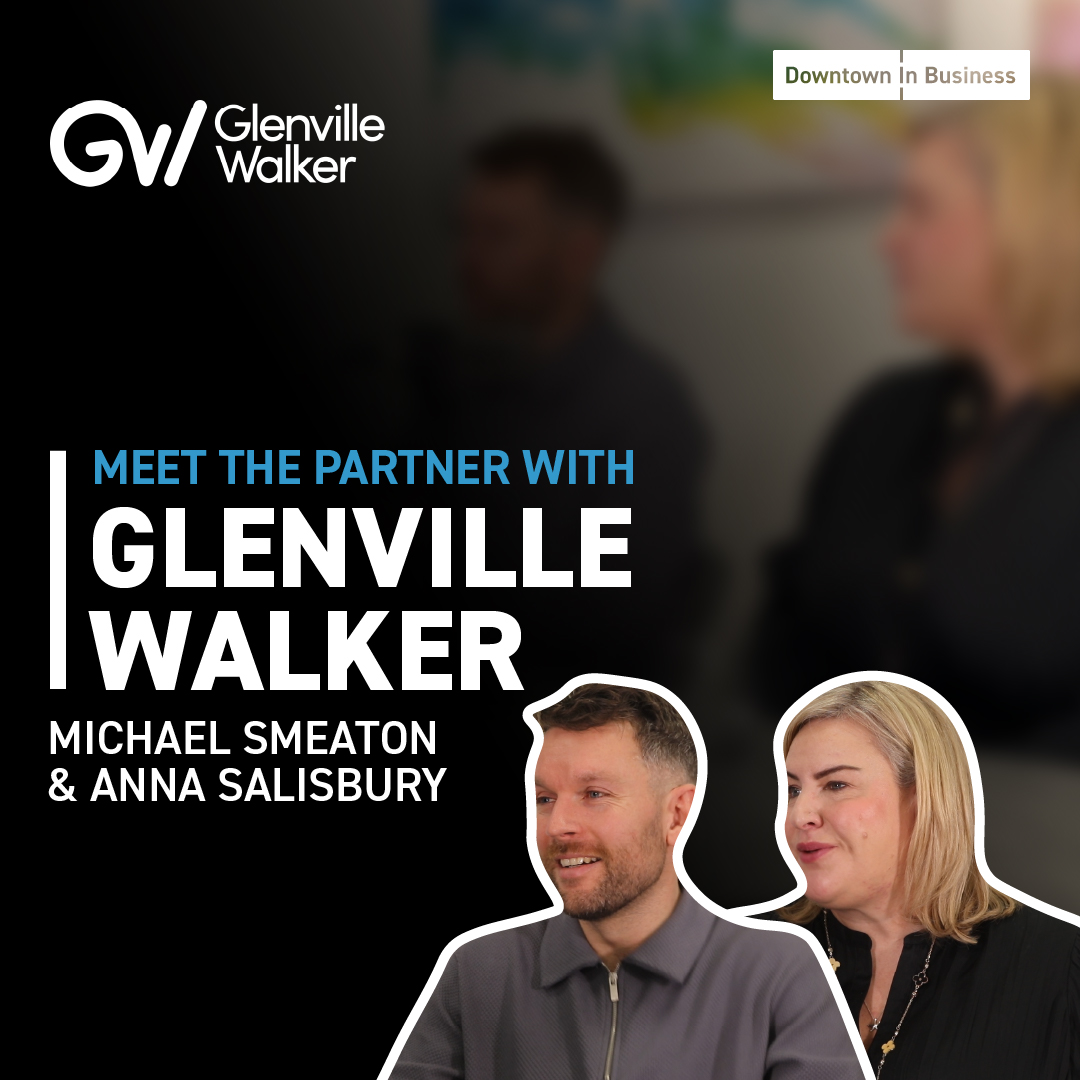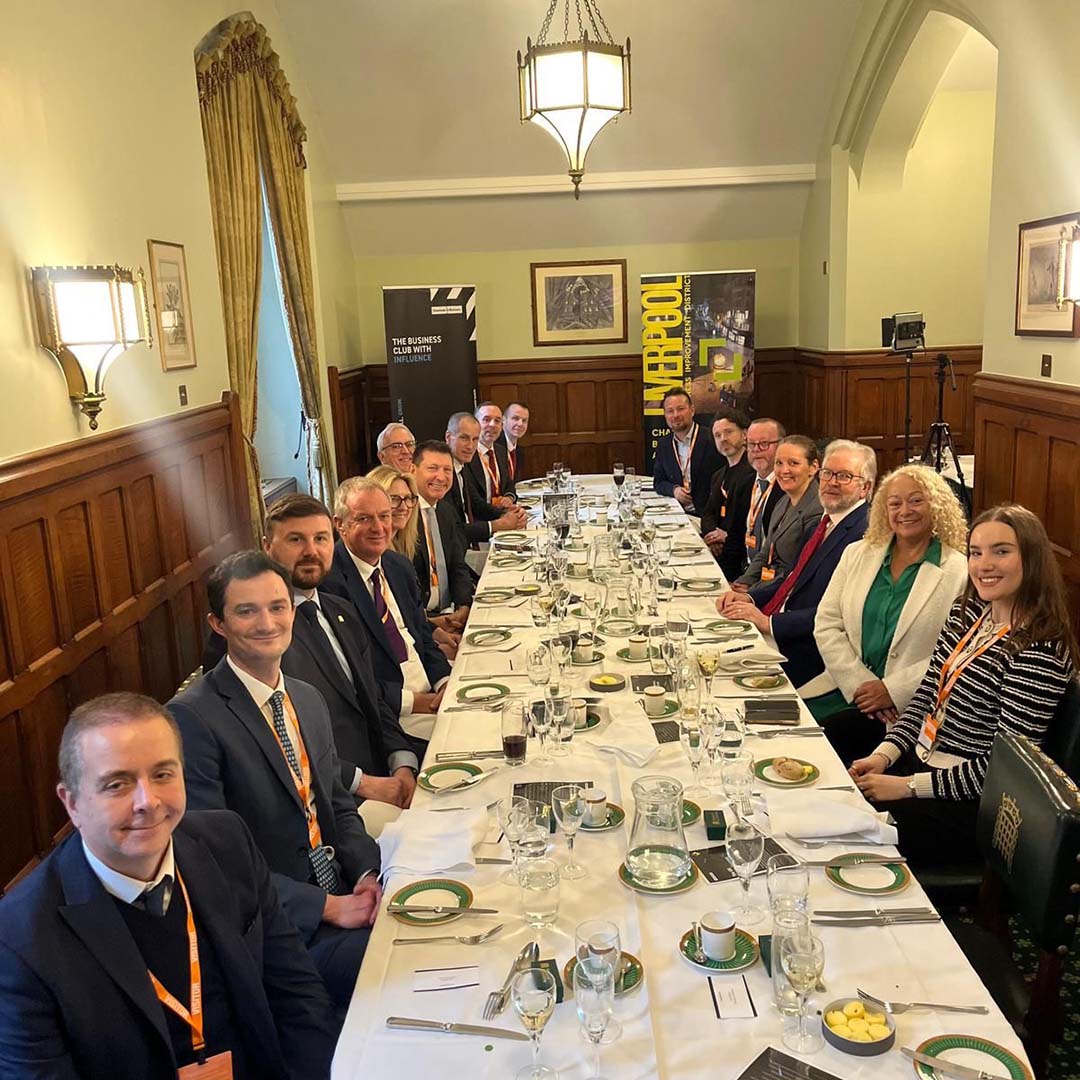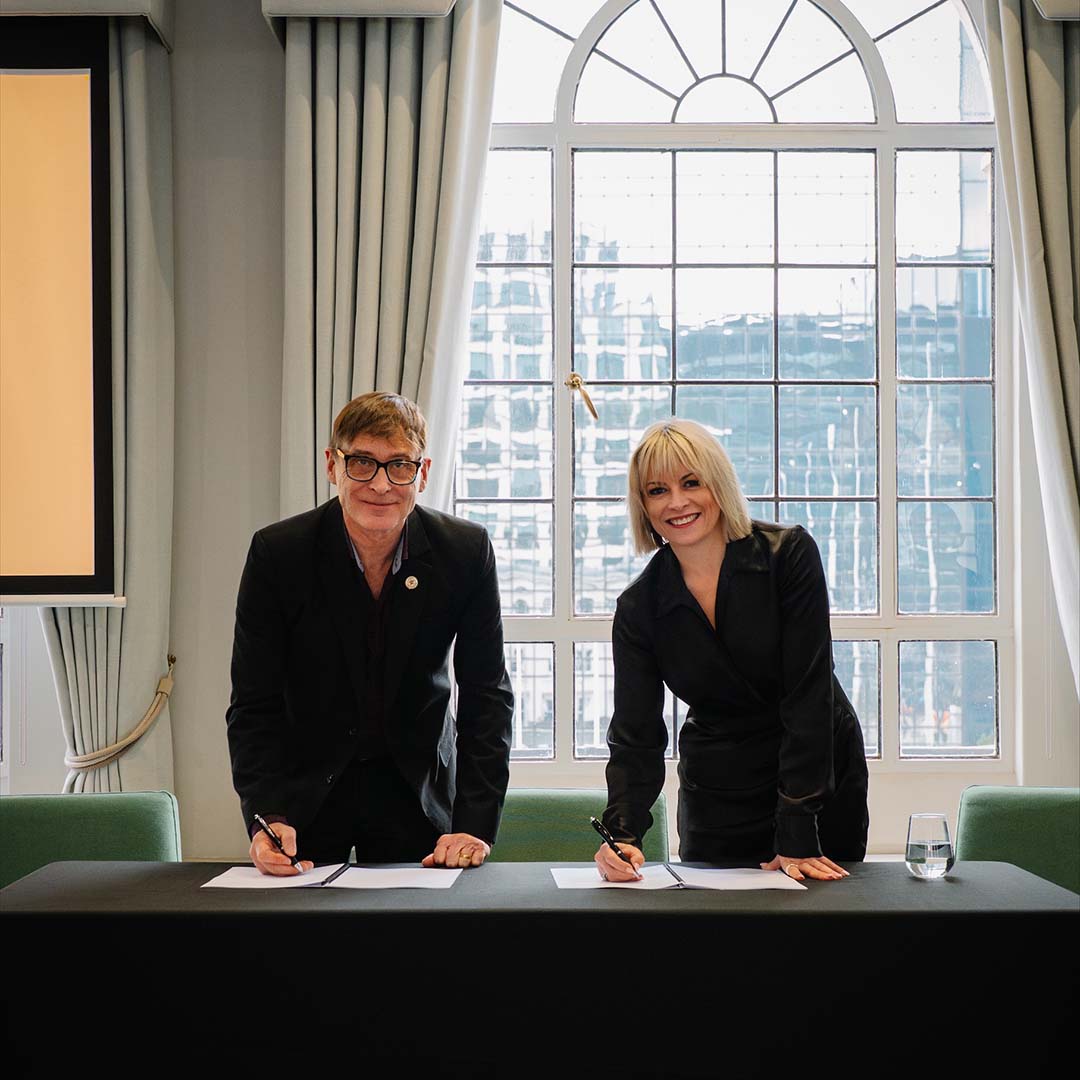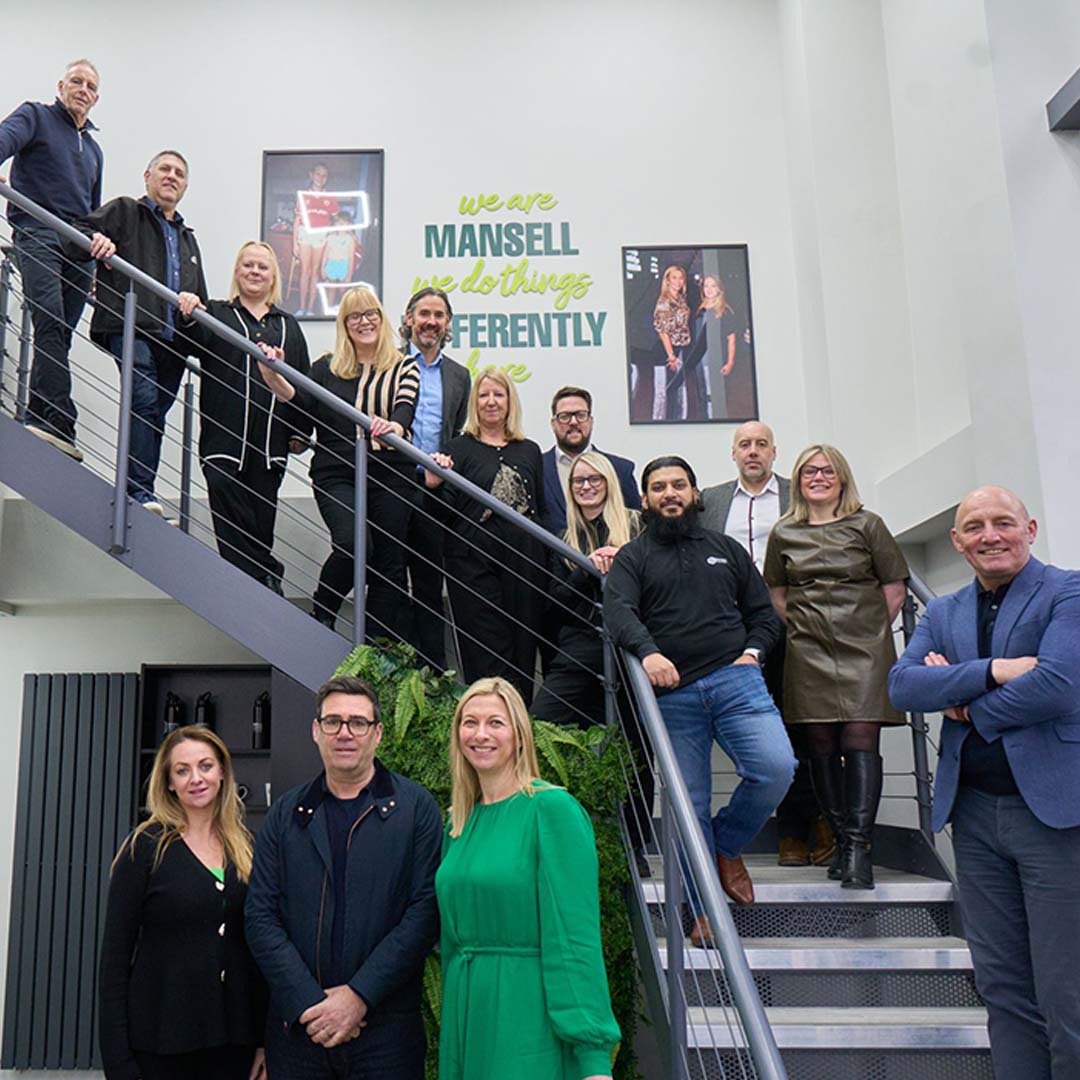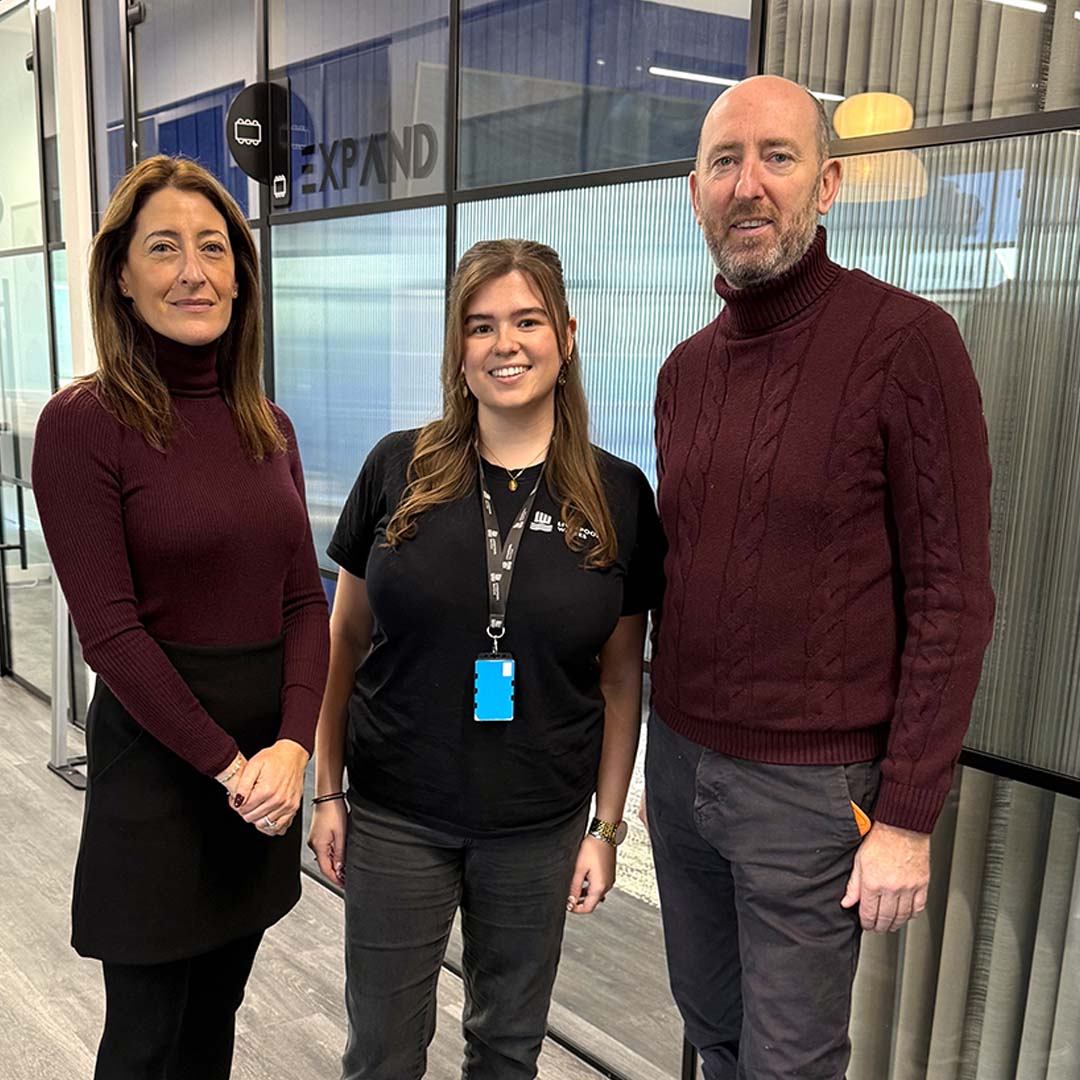I spent this week moderating an Economic Development Summit.
The participants and attendees were focused on how to drive growth and new investment into Northwest Florida. The speakers and representatives of local, regional, state and federal agencies explored how new businesses, existing organizations and entrepreneurs could be supported by money, systems and campaigns to deliver economic growth.
I’ve organised, delivered, and attended these events before in both the US and the UK. This one felt different.
Normally these events – or perhaps more tellingly the ones I’ve been involved in – occur in areas which have suffered decades of under investment, sit in the political blind spot, or have been unable to embrace the inevitable decline of their traditional industries and identify their replacements.
By contrast, Northwest Florida is booming.
The county I reside in has the fastest growing economy in the state of Florida and the third fastest in the nation. Florida as a state is welcoming 1000 new residents a day, and Northwest Florida is attracting hundreds from Texas, Illinois, Georgia, Tennessee and beyond.
Northwest Florida stretches from Pensacola in the west to Tallahassee – the state capital – in the east. It is bordered by the Gulf of Mexico to the south and, a hundred miles to the north, Alabama, the new home of the US automotive industry.
Unlike the rest of the state, Northwest Florida is also in Central Time, aligning it with Chicago, Minneapolis and Kansas City, St Louis, Houston, Dallas and Memphis. This matters, especially for new businesses and entrepreneurs looking to take advantage of the Remote Working and Work From Home zeitgeist.
The Summit heard from speakers who identified the opportunities, the easy part, and the challenges of delivering growth, the more difficult mission.
So, what was different about this one and what lessons, perhaps, could be learned by other regions and cities looking to put economic development into action?
There were 3 key points I would advise others looking to host economic kickstart events to consider.
First, set the correct mood in the room.
Too often, Economic Development gatherings are dominated by political arguments where the contributors play ‘the blame game’ – pointing the finger at current and previous administrations, policy inaction or indifference. Think of all those speeches by city leaders, regional Mayors, local MPs which are politically high octane but light on solutions and actions.
This event, which included speeches from the region’s Congressman in DC, city commissioners and county administrators – the equivalent of council leaders and chief executives – was upbeat.
Of course, when things are going well it is easier to be cheerful, but for the hundreds of small and medium sized businesses represented in the audience, these positive statements and ideas are very much what is in demand rather than the ‘what went wrong’ rear-view mirror approach of others.
Secondly, make sure the opportunities are well defined at the macro level.
The beaches along the Gulf Coast are unrivalled anywhere in the nation. Turquoise waters and sugar white sands make it a vacation hotspot and the tourism and hospitality sector are worth billions and employ huge numbers. The region is also a relocation hot spot, and new homes and communities are being built. A major corporate landowner has approval to construct by 2050 a new city the size of Pensacola, 250,000 population, on ‘greenbelt’ land they own north of Panama City.
While these existing successes, if developed sustainably and responsibly, continue to offer clear opportunities to local firms so did another one many may have thought was out of reach to them – the military.
The region is home to 6 significant military bases and installations. It is home to the largest air force training bases, home of the most technological-advanced combat flights, and the HQ for special operations for the Navy and Air Force. These bases, particularly in times of geo-political turbulence, are receiving billions of dollars investment and while Lockheed Martin, Boeing, and General Dynamics may pick up the lions share of the defense contracts, there are still billions of dollars for local businesses.
Some of the presenters were local chambers of commerce and agencies who explained how everyday opportunities for groundskeeping, restaurant or catering contracts, construction and maintenance services demanded by the military could be captured by local firms. Many of the contracts the Dept. of Defense funds for the various branches of the military include targets for local employment, veteran, women or minority owned businesses, and put pressure on prime contractors to use local sourcing and sub-contracting to ensure the local community benefits from the spend.
Having a clear and manageable set of target industries, businesses or facilities gives the conversation focus.
Thirdly, illuminate and map clear routes and action points for local businesses to take.
What was also compelling about the Summit was how the real budgets and pots of government cash available were going to be made accessible.
Back in 2010, following the BP Horizon oil spill, billions of dollars were put aside to assist the economic recovery of coastal communities in Florida. While some of that has been spent, more than a billion dollars still remain under the administration of the Triumph Fund. I suggest that money has failed to be spent not because the need isn’t there, but because the process of accessing it seems too complicated.
Pointing businesses in the direction of how to successfully bid for and secure this investment was high on our agenda. Small businesses and local entrepreneurs got to spend one-on-one time with the administrators of these funds, network with the prime contractors looking for specific support and skills, or discover how to call upon the many agencies and organizations offering free or affordable support to advocate and apply for funding.
It was clear to all in the Summit there were many new pathways to growth.
The Summit’s focus was on simplifying how regeneration and economic development can be actioned.
Recognizing that small and medium sized business owners and leaders are focused 24/7 on their existing clients, overcoming supply chain challenges and cash flow issues, expecting them to be fluent in applying for complicated government grants and funding is unrealistic.
Believe me, when hosting these events, it is a wonder to behold the ‘lightbulbs’ going on for the business representatives in the room when they connect the dots:
“Hey. we provide those services, we meet the requirements laid out by the contract terms, and there is the person who will, for little investment on our behalf, help us secure these funds. Wow!”
When local business leaders stand up and say how they have benefited from the direct support and advice provided, have added new revenue streams, expanded their teams and grown their business, other businesses take note.
So, when designing your next Economic Development or Regeneration summit or conference, focus on actionable outcomes for your local SME business attendees rather than providing a platform for politicians, agency chiefs and academics and experts who have a point of view to share don’t bring a ready-to-market solution with them.
Focus on the quick wins. While sharing your ambition to attract the next Google or Microsoft to your neighborhood may make headlines, it will likely do little to improve the economic circumstances of your local community, at least in the short term.
Business are looking for wins and your Summit or Conference can become a ‘must do’ if it offers routes to actionable success.



